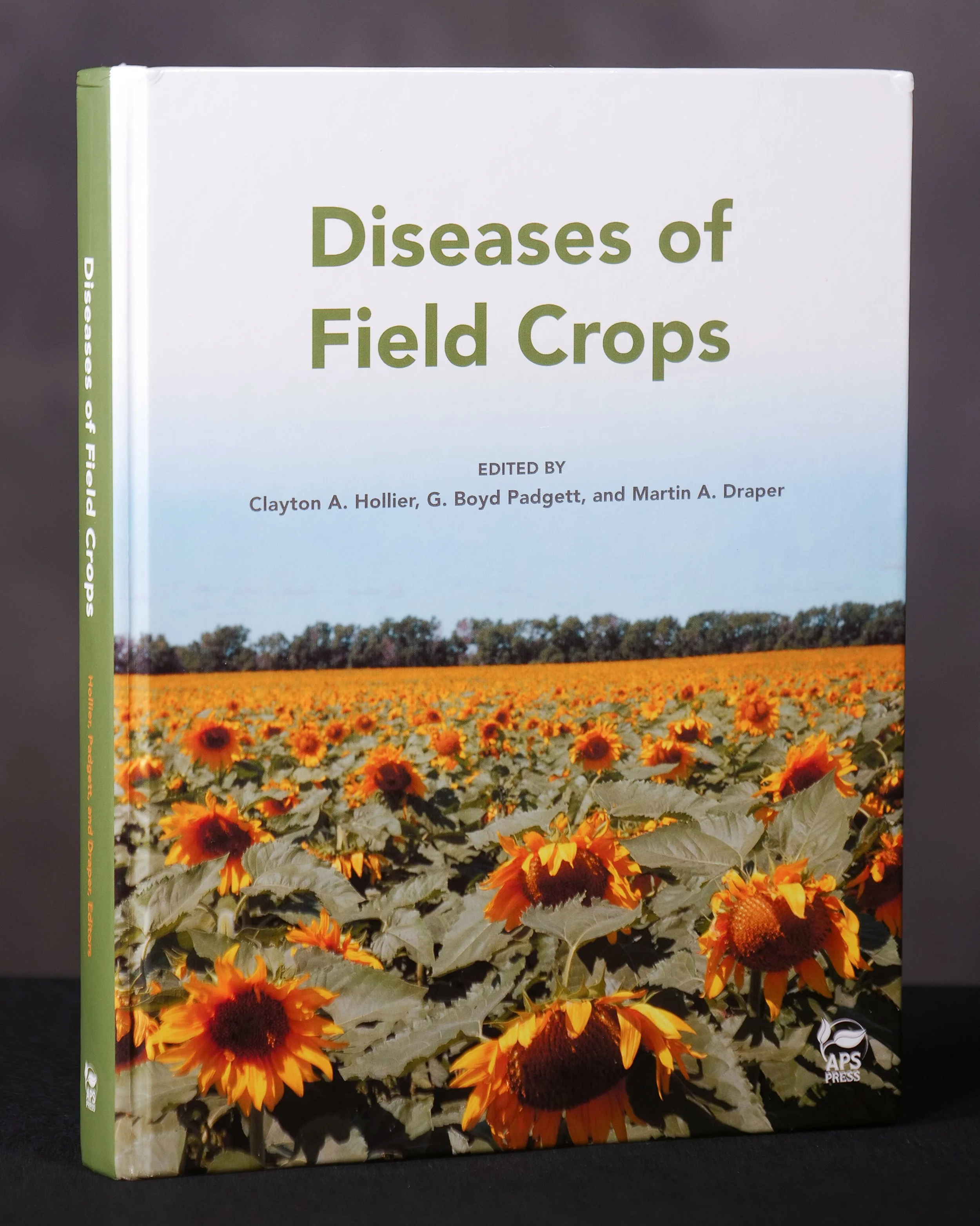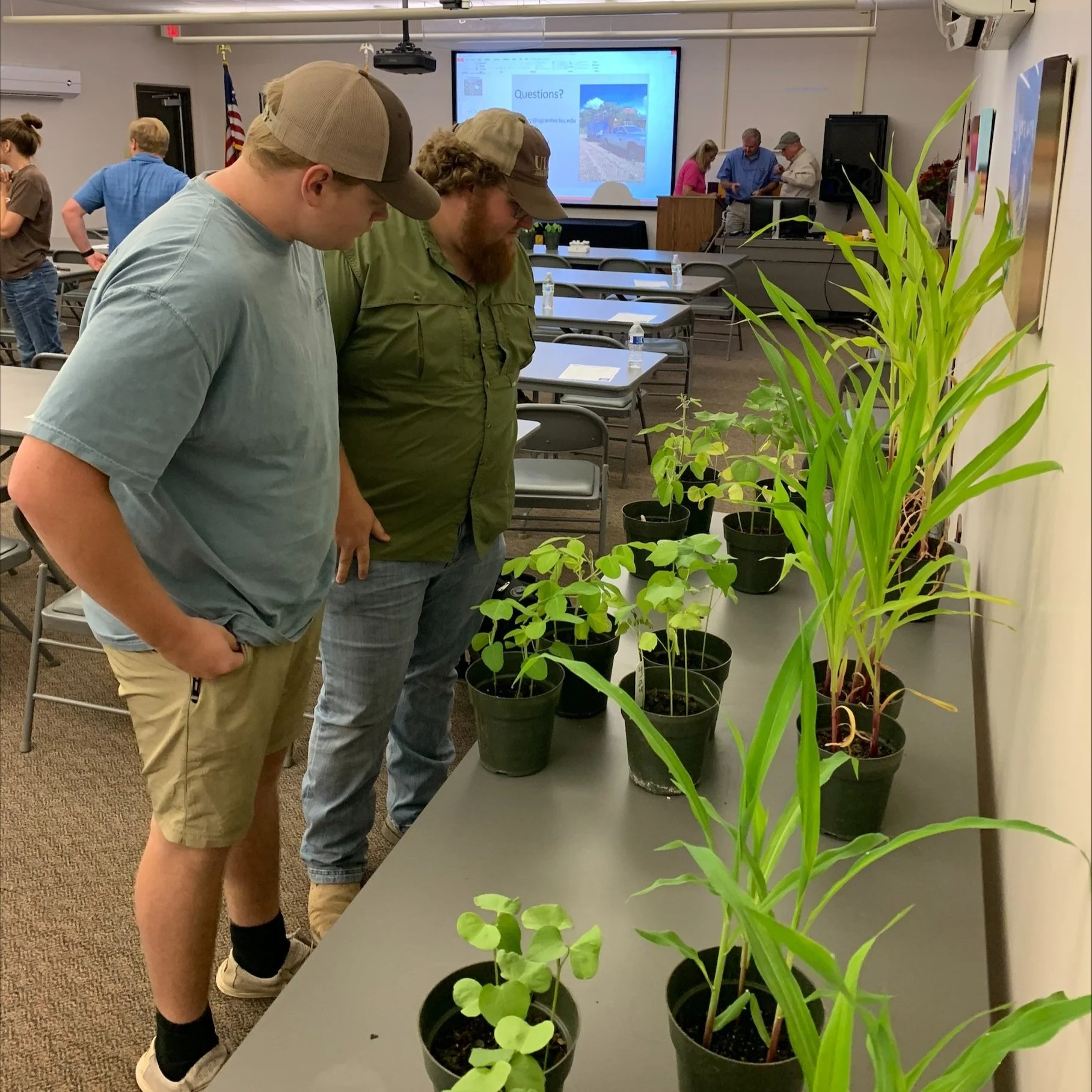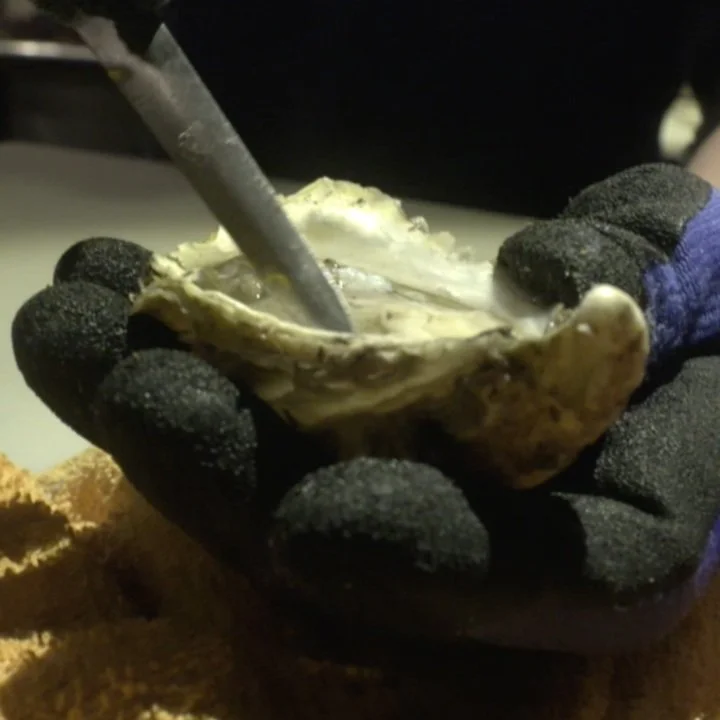New Comprehensive Crop Disease Reference Book Edited By AgCenter Scientists
A new crop disease reference guide co-edited by two LSU AgCenter-affiliated plant pathologists is designed to aid students, crop consultants and producers for decades to come.
“Diseases of Field Crops,” a 400-page reference guide, details disease symptoms of 22 major field crops with more than 800 high-quality photographs.
Read More
Heat, Drought Raise Concerns For Louisiana Cash Crops
Hot and dry weather may limit the yields for some of Louisiana’s most important crops, though the full impact won’t be known until harvest, LSU AgCenter experts say.
Read More
New Comprehensive Crop Disease Reference Book Edited by AgCenter Scientists
A new crop disease reference guide co-edited by two LSU AgCenter-affiliated plant pathologists is designed to aid students, crop consultants and producers for decades to come.
Read More
Sugarcane Field Day Set For July 13
A field day highlighting soil fertility and Best Management Practices in sugarcane will be held July 13, 2023, at the Keith Dugas Farm, 5585 LA-1 in Napoleonville.
Registration begins at 8:30 AM and lunch will be provided.
Read More
Louisiana Livestock Price & Production Summary
Monthly report of the current production practices of various beef, pork, poultry and dairy products.
Read More
Producers From Across Louisiana Brave The Heat For Commercial Vegetable Field Day
With temperatures nearing 90 degrees before 10 a.m., producers from across the state endured the heat and humidity to learn the latest on planting and disease control and to taste unreleased varieties at a commercial vegetable field day June 14 at the LSU AgCenter Botanic Gardens at Burden.
Read More
Don't Forget About Nematodes When Diagnosing Irregular Patches Of Poor Soybean Growth
If you find irregular patches of soybean plants that look generally stunted, yellow, or dead, the cause could be nematodes. Generally, nematodes jeopardize the root system of the plant. Therefore, the plants will often have symptoms that mimic other maladies such as drought and nutrient deficiency. It is not uncommon to find nematodes throughout Louisiana. A recent survey (2019-2021) detected Southern root-knot nematodes in 22% of 164 fields.
Read More
Louisiana Crops Newsletter: June 2023
Foliar symptoms are usually not evident until soybean is in the mid to late reproductive growth stages. Initial symptoms are small chocolate brown lesions on the petioles near the leaflet. As the disease progresses, foliar symptoms are expressed as a reddish brown to tan discoloration on the upper leaf surface in the upper canopy.
Read More
LSU AgCenter Receives $10M Grant To Design Drought Resistant Rice
As anyone in South Louisiana knows, rice is a major part of one’s diet. It is the most widely consumed staple food for more than half of the world’s population, which continues to grow each year. With the production of rice increasing, so does the need for water to grow it. In order to not use up nature’s most precious valuable resource—water—one LSU College of Engineering professor is working with the LSU AgCenter to design a new variety of rice that will be able to withstand drought conditions, making rice production fruitful while not exhausting natural resources.
Read More
Seeds To Success Spotlight: Armstrong Farms
A major goal of the Louisiana Farm to School Act is to promote the use of locally grown and raised foods in school nutrition programs. One avenue to achieve this is for school food service personnel to source ingredients for school cafeteria meals within the state. In doing this, school districts directly support their local economies and community members who grow these products.
Read More
La. County Agricultural Agents Association Conference Culminates By Honoring Its Best
The Louisiana County Agricultural Agents Association met in Gonzales June 4 to 7 for its annual meeting and professional improvement conference. The meeting culminated with an awards banquet highlighting the achievements of LCAAA members throughout the year.
Read More
Louisiana Farm To School Program Connects Students To Full Plates and Healthy Habits
An elementary school implements a gardening and culinary program to teach students how to prepare recipes using produce grown in their own school garden through the help of a local farmer.
Read More
Managing Nitrogen For Corn And Soybean Crops
Nitrogen (N) is one of the most essential nutrients required for crop growth, development and reproduction. It is the building block of proteins, amino acids, chlorophyll and DNA. Plants require more nitrogen than any other mineral nutrient. Generally, the aboveground portion of the plant contains 3% to 4% nitrogen. Therefore, fertilizing with nitrogen sources is often required for maximizing crop yield and profit.
Read More
LSU AgCenter 'Scout School' Helps Battle Bugs In Crops
While schools were letting out for the summer, the LSU AgCenter was hosting two sessions of Field Crops Insect Scout School to help train crop consultants, insect scouts, extension agents and others on what and how to look for insect pests and damage in field crops.
Read More
Can You Eat Oysters this Month? LSU Ag Center has Answers!
“He was a bold man that first ate an oyster,” said 18th-century Irish satirist Jonathan Swift. Whether enjoyed fried, grilled, in a seafood gumbo or, perhaps most opinion dividing, raw, there is no denying the oyster’s impact on both Louisiana’s culture and seafood industry.
Oysters have been consumed by humans for thousands of years. Wealthy Greeks and Romans thought of them as a delicacy and an aphrodisiac. While the former is still true in many cultures, the latter is more debatable.
Read More















